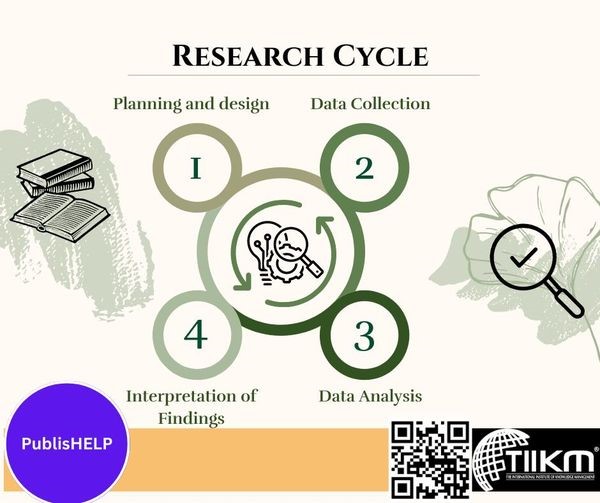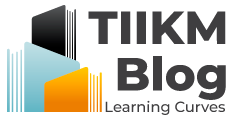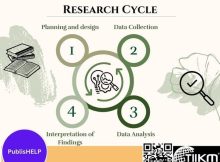
The research cycle refers to the process of conducting a research study, from the initial stages of formulating research questions to analyzing data and drawing conclusions. It typically consists of several interconnected phases, including planning and design, data collection, data analysis, and interpretation of findings.
During the planning and design phase, researchers define the research objectives, develop hypotheses or research questions, and design a methodology to gather relevant data. This stage involves reviewing existing literature, selecting appropriate research methods, and ensuring ethical considerations are addressed.
The data collection phase involves implementing the chosen research methods, such as conducting surveys, interviews, experiments, or collecting data from existing sources. Researchers gather data according to the established methodology, ensuring accuracy, reliability, and validity.
Once the data is collected, researchers move on to the data analysis phase. This involves organizing and examining the data using statistical techniques, qualitative analysis methods, or other appropriate tools. The goal is to identify patterns, trends, relationships, or themes within the data to answer the research questions or test hypotheses.
The final phase of the research cycle involves interpreting the analyzed data and drawing conclusions. Researchers analyze their findings in the context of existing knowledge and theories, discussing the implications and significance of the results. This phase often includes discussing limitations, suggesting further research directions, and communicating the research outcomes through reports, presentations, or publications.
The research cycle is an iterative process, with researchers frequently revisiting and refining various stages based on feedback, new insights, or unexpected findings. It is a systematic approach that allows for rigorous investigation, knowledge generation, and contribution to the academic community or practical applications in various fields.

